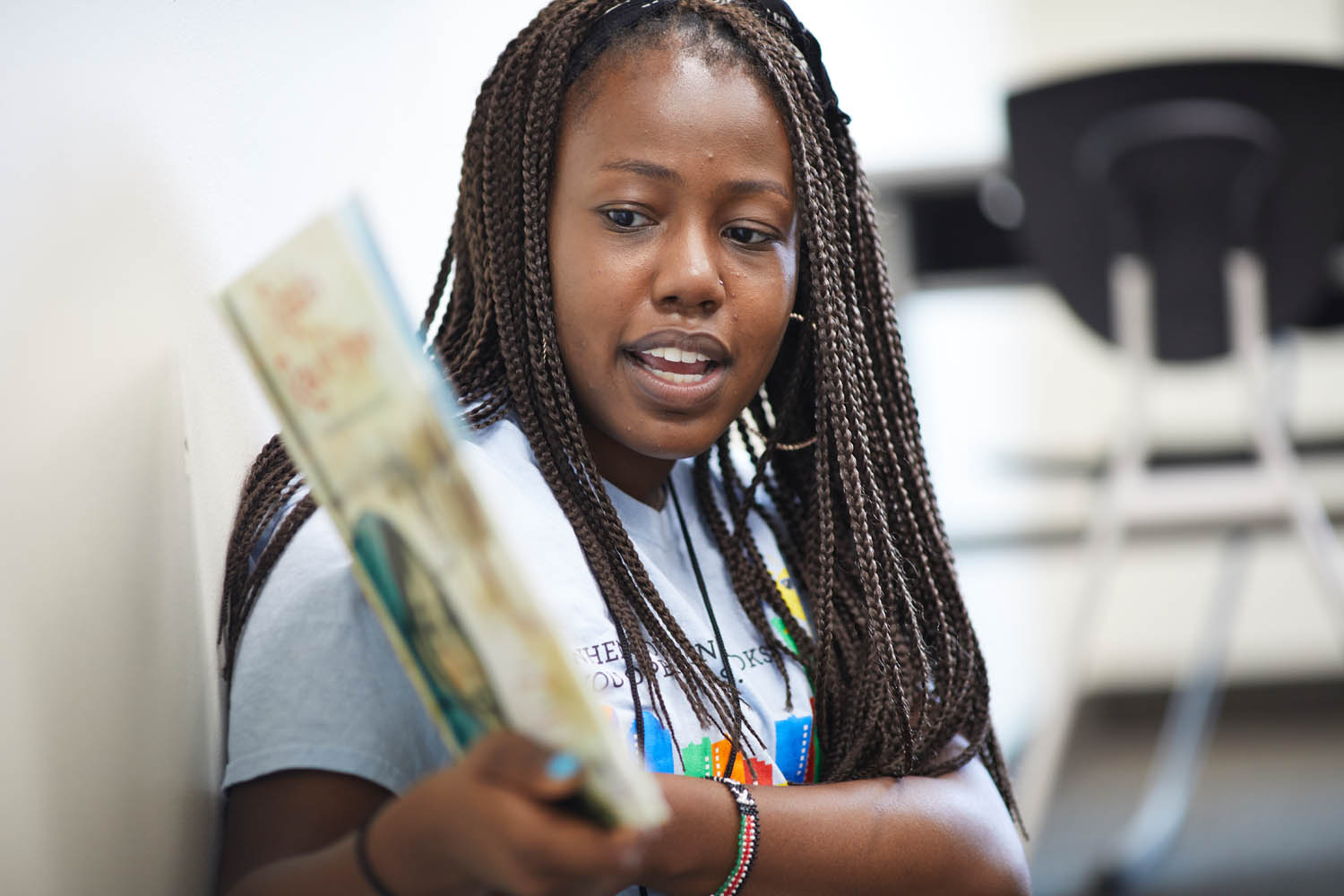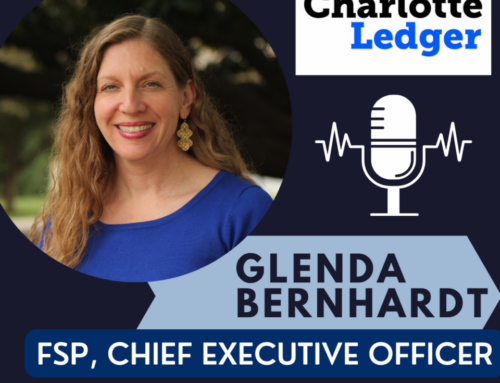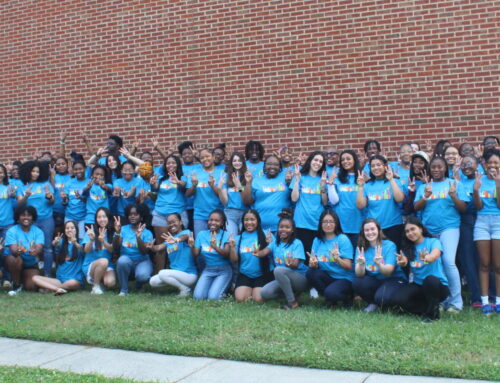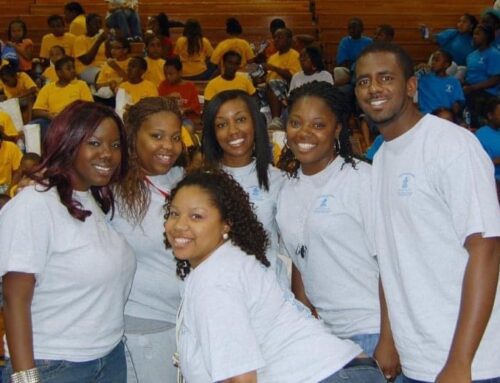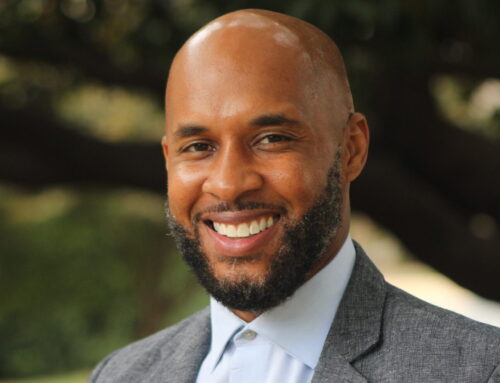Freedom School Partners is adding virtual learning to its local in-person summer education program.
The Charlotte-Mecklenburg division of the national initiative started in 2004 and serves students in grades K-8. This year, it will serve 750 scholars through in-person programming weekdays June 14-July 22 at 10 locations and via virtual program called Freedom School @ Home. In-person programming is 8 a.m.–3 p.m. and Freedom School @ Home is 9:45 a.m.–2 p.m. Both will include supplies and materials like new books for home libraries, curriculum materials for at-home instruction, enrichment kits, and breakfast, lunch and snacks with grocery items.
“It has been a challenging year for children and educators,” Freedom School Partners CEO Glenda Bernhardt said. “Freedom School Partners wanted to give families the option to choose a format that would work best for them so scholars can engage and stay excited about learning this summer.”
Freedom School focuses on literacy, social emotional skills, and connection. Both programs will offer traditional Freedom School daily activities, including: Harambee! (a morning pep rally), Integrated Reading Curriculum, and afternoon enrichment activities which are led by Servant Leader Interns (college students who are classroom leaders). In addition, to ensure COVID-19 safety for in-person programming, classroom sizes will be reduced and classes will eat meals and do all activities together as a learning pod. Remote teachers will serve scholars participating in Freedom School @ Home.
Summer learning loss is the largest factor in achievement gaps for low-income students, according to the National Center for Summer Learning at Johns Hopkins University. Most poor children are disproportionately affected by losses in reading, with low-income students losing more than 2-3 months in reading achievement every summer, while their more affluent peers make slight gains.
According to Read Charlotte, only 39% of Mecklenburg County third graders were reading proficiently in 2015. Students who read on grade level by third grade are 96% more likely to graduate high school, which is an important upward mobility indicator, according to the Charlotte-Mecklenburg Opportunity Task Force.
In 2019, more than 85% of children maintained or improved their reading ability during Freedom School.
“Our goal this summer is to engage as many scholars as possible with Freedom School and keep them healthy and safe so they can participate in our six-week program” Bernhardt said. “We want scholars to take advantage of all that our program has to offer and experience the magic of Freedom School.”
